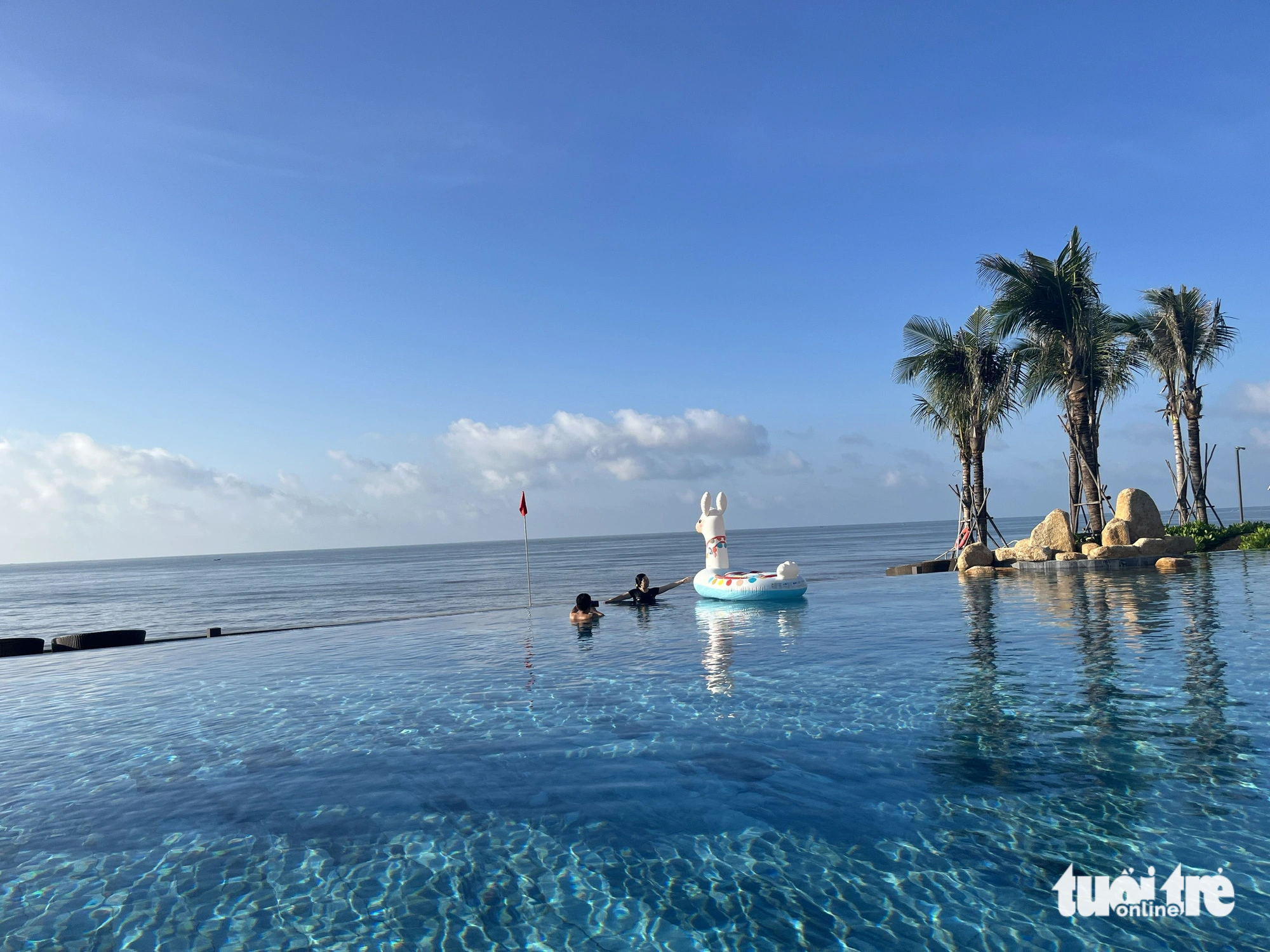Tourism enterprises are pinning high hopes on the recovery of Vietnam's tourism thanks to new visa policies which will take effect on August 15.
Tourism enterprises and international travelers are awaiting official guidelines on the new visa policies.
Walt Power, CEO of The Grand Ho Tram Strip, a large tourist complex in Ba Ria-Vung Tau Province, a neighbor of Ho Chi Minh City, recently lamented that the recovery of Vietnam's tourism has not been as good as expected.
Many enterprises expected that the number of visitors would increase rapidly after COVID-19 restrictions were lifted, but the reality fell short of their expectations.
“Limitations in visa policies have resulted in the slow recovery pace of the tourism sector," Power said.
"However, I have never heard a pessimistic opinion about Vietnam's tourism recovery potential in the medium and long term.”
Vietnam’s new visa policies are expected to boost the tourism sector’s recovery and expand its development in the future.
Friendlier visa policies, which will come into effect prior to the peak travel season, will contribute to increasing the number of international tourist arrivals to Vietnam and spurring Vietnamese tourism during the last months of the year, according to local travel companies.
Enterprises hope to capitalize on this by offering products and services to tourists or adjusting the schedules of their tours.
While waiting for Vietnam’s key source markets, such as China, Russia, and the UK, to recover, domestic travelers are also potential customers for high-end resorts, Power said.
In the future, the number of tourists returning to Vietnam will rise given the country’s increasingly improved service quality.
“India was not expected to be a driving force for the local tourism sector. However, it will be an up-and-coming source market in the upcoming years," Power explained.
“Vietnamese tourism firms can also benefit from the diversification of markets."
In late June, Vietnam approved amendments to the Law on Entry, Exit, Transit and Residence of Foreigners, including extending the validity of visitor e-visas for foreigners entering Vietnam from one month to three months.
Furthermore, foreign visitors hailing from countries and regions eligible for Vietnam’s unilateral visa waiver program would be able to enjoy an extended maximum stay of 45 days, surpassing the current limit of 15 days.
The Southeast Asian country welcomed nearly 6.6 million foreign visitors from January to July of this year, or 83 percent of the eight-million target set for this year, according to the Vietnam National Authority of Tourism.
Like us on Facebook or follow us on Twitter to get the latest news about Vietnam!


















































